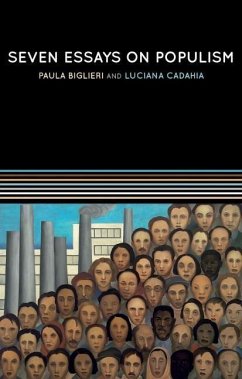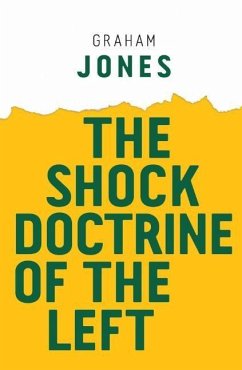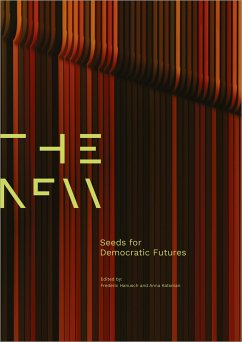
Can Democracy Be Saved?
Participation, Deliberation and Social Movements
Versandkostenfrei!
Versandfertig in über 4 Wochen
69,99 €
inkl. MwSt.
Weitere Ausgaben:

PAYBACK Punkte
35 °P sammeln!
Financial crisis and the strengthening of neoliberal policies present stark challenges to traditional conceptions of representative democracy. At the same time, new opportunities are emerging that propose alternative visions for the future of democracy. In this book, a leading political sociologist examines current movements for democracy.













